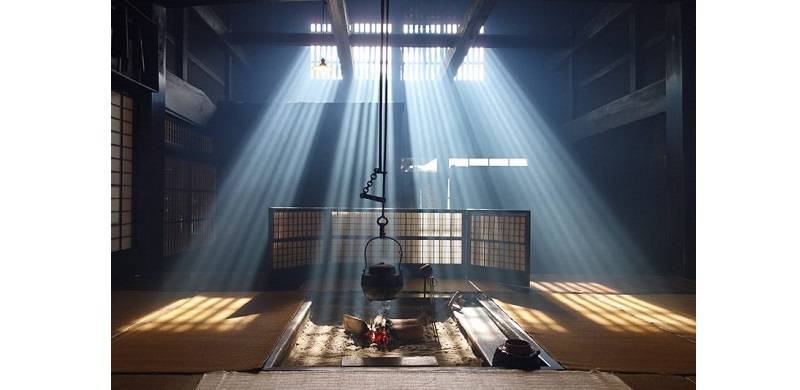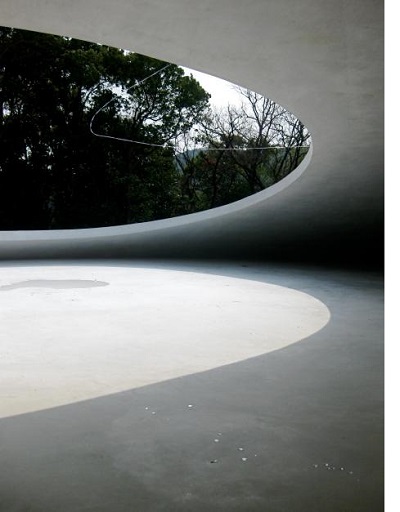
Transitions are always difficult. There is no way around them. Change is inherent in life so then why do we humans find it so difficult?
By definition, transition is a process of change from one state to another. Through life’s various experiences, we have to deal with transition on a daily basis. As children, we are graduating from one class or shoe size to another. As adults, we face marriages, the collapse of them, births and death, grief, loss and so on. The natural business and busyness of life has a lot to do with change and transitions. It is challenging in the least to move from one phase to another – it requires us to abandon our comfortable cocoons. Change can be a scary prospect. But there is life beyond the phase of nervous anxiety and lack of surety around the future which can help prepare you.
I have been exploring how to make the process easier, particularly when change is relentless. After two decades working in a hyper-competitive workplace, I have realised the wisdom in Benjamin Franklin’s observation: “By failing to prepare, you are preparing to fail.” That adage seems to apply for most things in life – whether whipping up a soufflé or writing a long position paper or studying for exams. For things that matter, preparation is essential.
The ancients have taught us this. Socrates told us: “The secret of change is to focus all of your energy not on fighting the old but on building the new.” Our natural instinct is to fight change, to hold onto things even when things may have lost their utility or use. By embracing change and accepting that it can transform or expand you, it softens the struggle.
That seems simple enough in writing but to live one’s life like that can be incredibly complicated.
I am in the process of an international relocation from the US to Turkey. Within a week, much of our life over the past decade is being dismantled – room by room, book by book, painting by painting. The walls that we used to measure our children’s height on will be repainted; my creativity corner where I used to write and paint will be dismembered. The process has been more unsettling than I expected. The sense of grief and loss is palpable. When speaking to friends about this, we seem to talk in words that fall short of the actual experience.
The Japanese have a very interesting way to look at change through the concept of Ma – a pause in time or the time and space in which we need in order to grow. The concept of Ma uses the door and the sun. Through the door you can see the curvature of the sun.
Ma uses the Confucian concept of space between the edges - between the beginning and the end and the space and time we need to process any change. It is the momentary silence and space we need to process change, absence rather than abundance.
In change management literature in the workplace, there is a similar concept. One needs to embrace change, but change also has its own life cycle and therefore one must take time to pause, appreciate what has been and is, and actively let go before moving on.
Ma can apply to so many things in life – whether the silence before you respond to people, the space between words, the pause in music and in my case the transitions from my old life to a new one. There is an element of growth in the pause.
This Japanese concept is very different from the Western view point that silence and space is something to be filled with words or activity rather than meaning and purpose. I am trying to internalise that feeling this week – to pause in time, to wander through the echoes of our empty house, to remember laughter filled parties, joyous experiences, and everything that we used to draw joy, happiness and energy in this home.
 My family and I have a decade of wonderful memories of gatherings in these suite of rooms– graduations, Eid, birthdays, musical evenings and book readings. Now our living room is just another room – the walls empty of decoration, unrecognisable from how they were last week. But I can still feel the life that once occupied these spaces.
My family and I have a decade of wonderful memories of gatherings in these suite of rooms– graduations, Eid, birthdays, musical evenings and book readings. Now our living room is just another room – the walls empty of decoration, unrecognisable from how they were last week. But I can still feel the life that once occupied these spaces.
Space in Japanese has four different aspects which are very different from the English version – Wa refers to building spaces, Ba to the space in which we create knowledge, Tokoro in which we connect to the work around us, and Ma where we quietly integrate all of them.
The key message is to take time and space to step back, to take time to say goodbye not only to people but to our former lives here, and to develop the much-needed resilience to cope with inevitable change.
As I wander through empty rooms in our home in the last few days before we hand it over, I am determined to embody this concept of Ma – to absorb the changes and reflect quietly on the memories, before we move onto our new life.
If the past is one empty space, the future is another – waiting to be filled.
By definition, transition is a process of change from one state to another. Through life’s various experiences, we have to deal with transition on a daily basis. As children, we are graduating from one class or shoe size to another. As adults, we face marriages, the collapse of them, births and death, grief, loss and so on. The natural business and busyness of life has a lot to do with change and transitions. It is challenging in the least to move from one phase to another – it requires us to abandon our comfortable cocoons. Change can be a scary prospect. But there is life beyond the phase of nervous anxiety and lack of surety around the future which can help prepare you.
I have been exploring how to make the process easier, particularly when change is relentless. After two decades working in a hyper-competitive workplace, I have realised the wisdom in Benjamin Franklin’s observation: “By failing to prepare, you are preparing to fail.” That adage seems to apply for most things in life – whether whipping up a soufflé or writing a long position paper or studying for exams. For things that matter, preparation is essential.
The ancients have taught us this. Socrates told us: “The secret of change is to focus all of your energy not on fighting the old but on building the new.” Our natural instinct is to fight change, to hold onto things even when things may have lost their utility or use. By embracing change and accepting that it can transform or expand you, it softens the struggle.
That seems simple enough in writing but to live one’s life like that can be incredibly complicated.

I am in the process of an international relocation from the US to Turkey. Within a week, much of our life over the past decade is being dismantled – room by room, book by book, painting by painting. The walls that we used to measure our children’s height on will be repainted; my creativity corner where I used to write and paint will be dismembered. The process has been more unsettling than I expected. The sense of grief and loss is palpable. When speaking to friends about this, we seem to talk in words that fall short of the actual experience.
The Japanese have a very interesting way to look at change through the concept of Ma – a pause in time or the time and space in which we need in order to grow. The concept of Ma uses the door and the sun. Through the door you can see the curvature of the sun.
Ma uses the Confucian concept of space between the edges - between the beginning and the end and the space and time we need to process any change. It is the momentary silence and space we need to process change, absence rather than abundance.
In change management literature in the workplace, there is a similar concept. One needs to embrace change, but change also has its own life cycle and therefore one must take time to pause, appreciate what has been and is, and actively let go before moving on.
Ma can apply to so many things in life – whether the silence before you respond to people, the space between words, the pause in music and in my case the transitions from my old life to a new one. There is an element of growth in the pause.
This Japanese concept is very different from the Western view point that silence and space is something to be filled with words or activity rather than meaning and purpose. I am trying to internalise that feeling this week – to pause in time, to wander through the echoes of our empty house, to remember laughter filled parties, joyous experiences, and everything that we used to draw joy, happiness and energy in this home.
 My family and I have a decade of wonderful memories of gatherings in these suite of rooms– graduations, Eid, birthdays, musical evenings and book readings. Now our living room is just another room – the walls empty of decoration, unrecognisable from how they were last week. But I can still feel the life that once occupied these spaces.
My family and I have a decade of wonderful memories of gatherings in these suite of rooms– graduations, Eid, birthdays, musical evenings and book readings. Now our living room is just another room – the walls empty of decoration, unrecognisable from how they were last week. But I can still feel the life that once occupied these spaces.Space in Japanese has four different aspects which are very different from the English version – Wa refers to building spaces, Ba to the space in which we create knowledge, Tokoro in which we connect to the work around us, and Ma where we quietly integrate all of them.
The key message is to take time and space to step back, to take time to say goodbye not only to people but to our former lives here, and to develop the much-needed resilience to cope with inevitable change.
As I wander through empty rooms in our home in the last few days before we hand it over, I am determined to embody this concept of Ma – to absorb the changes and reflect quietly on the memories, before we move onto our new life.
If the past is one empty space, the future is another – waiting to be filled.

